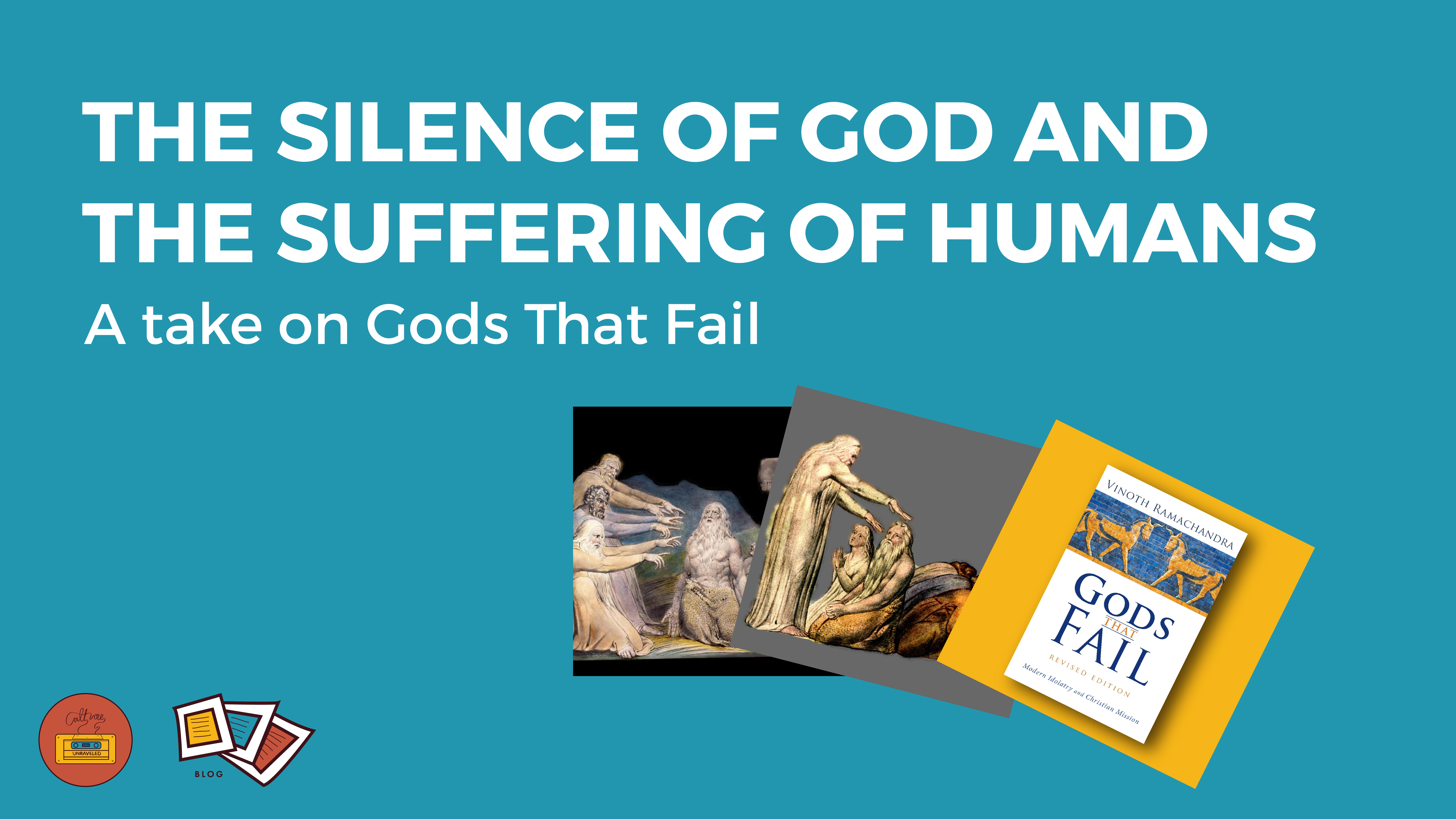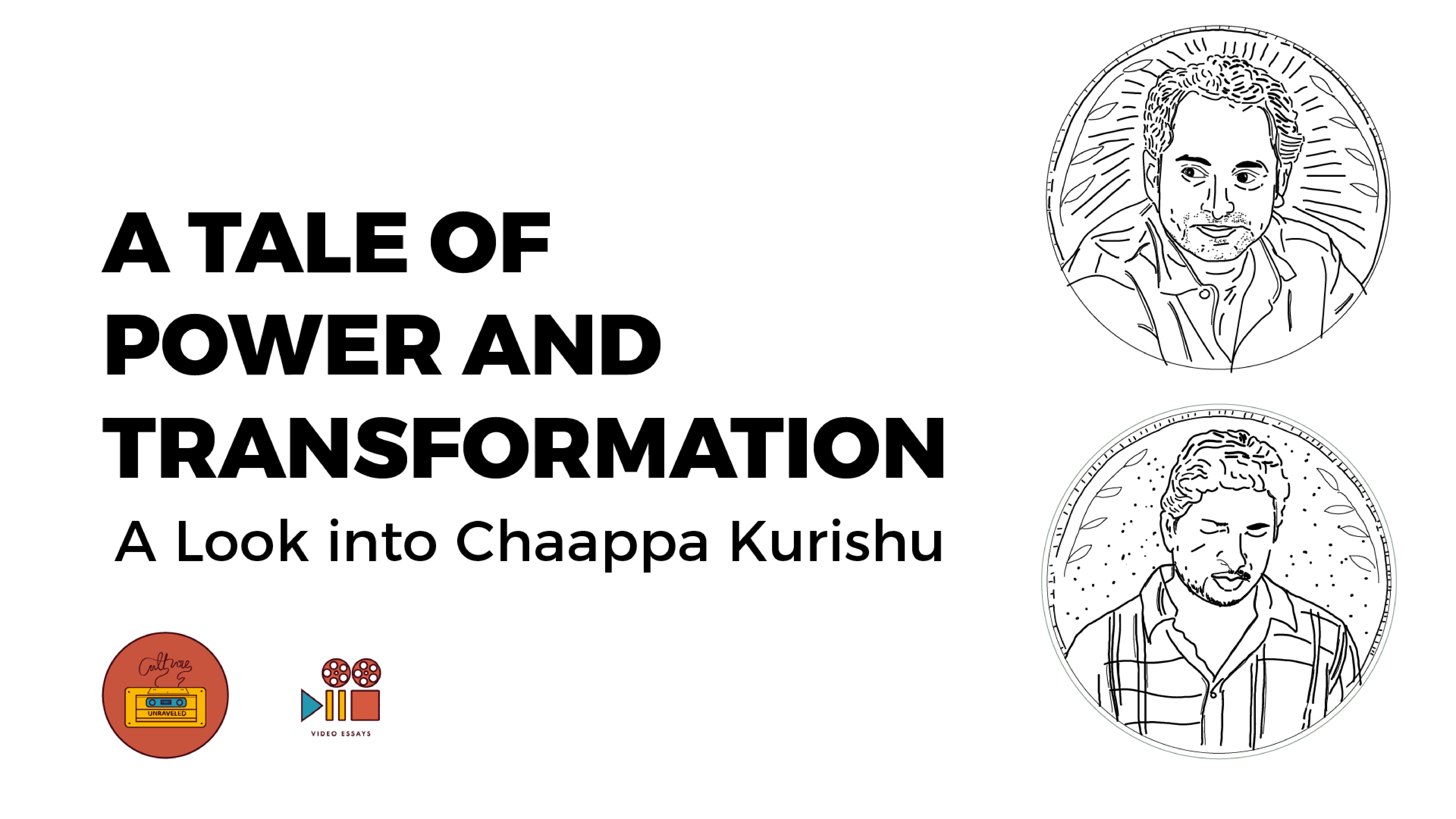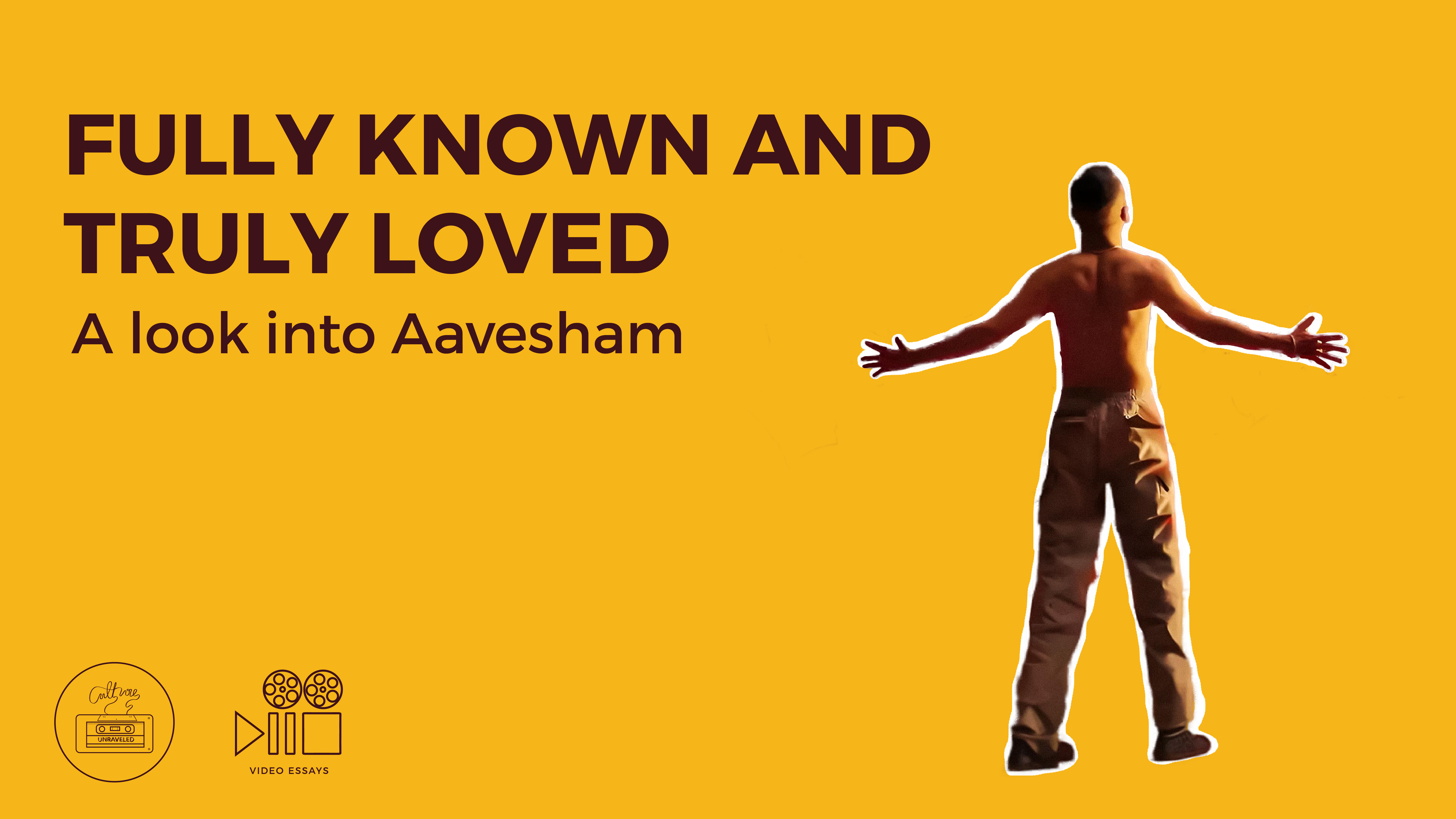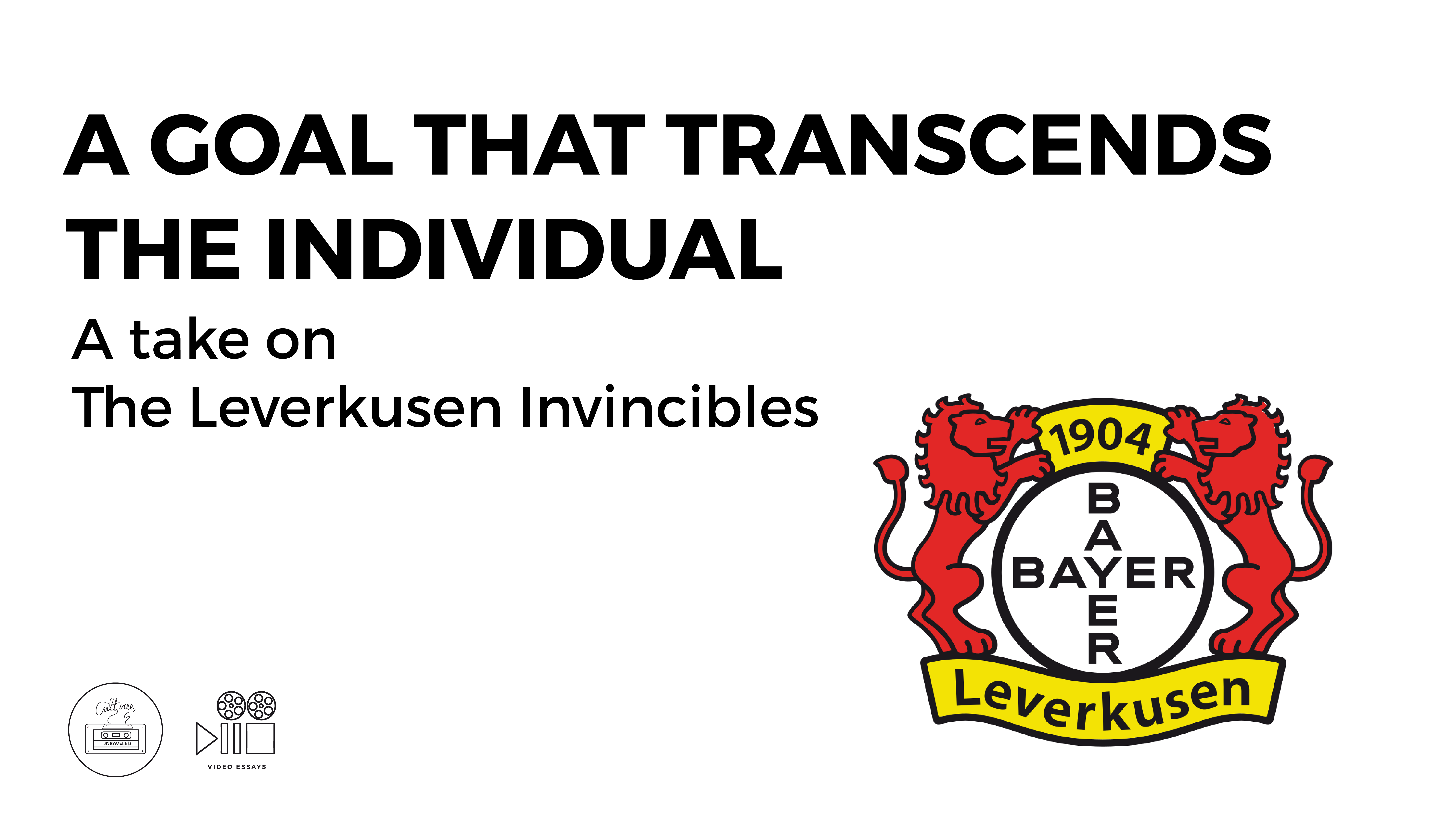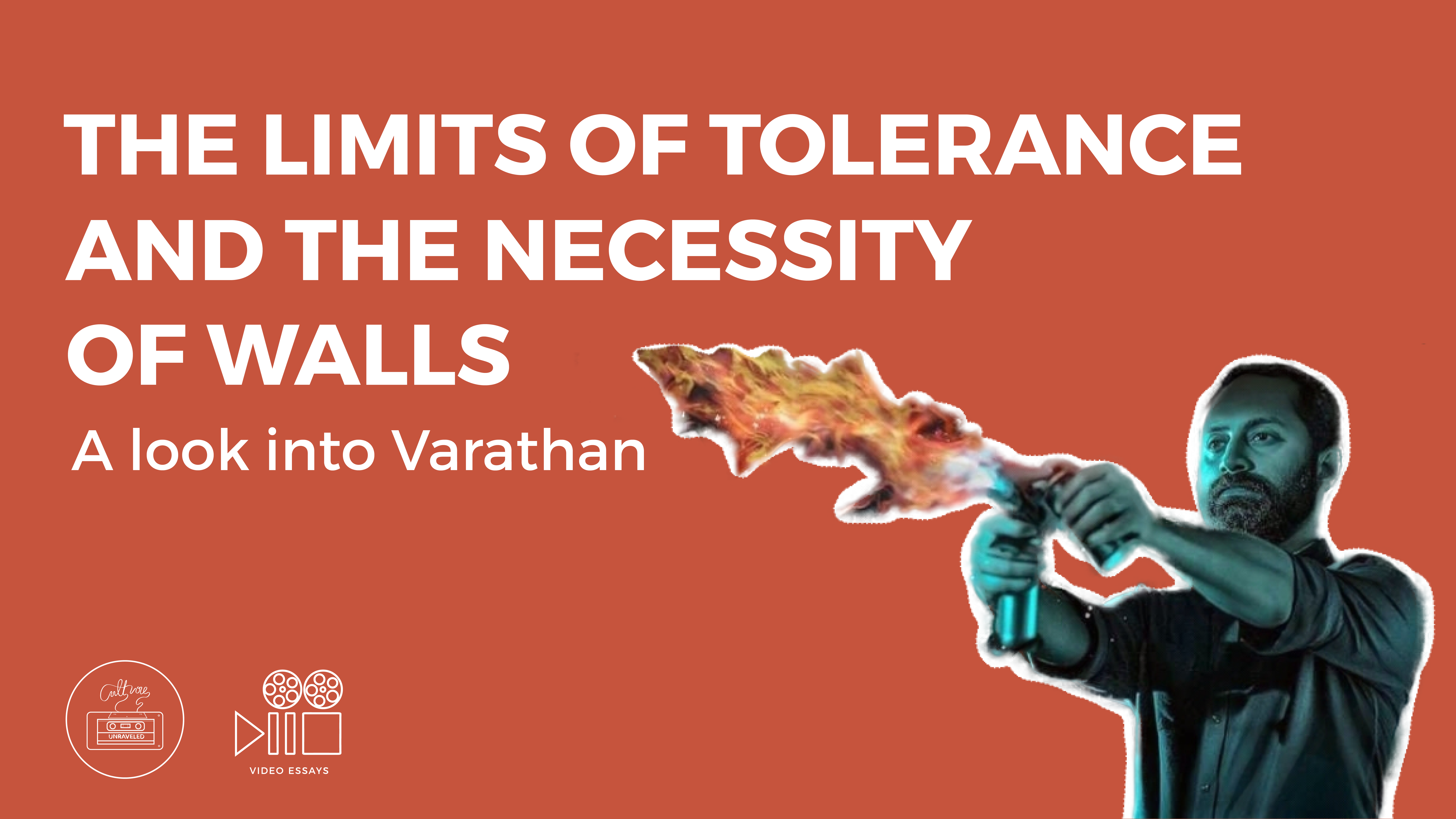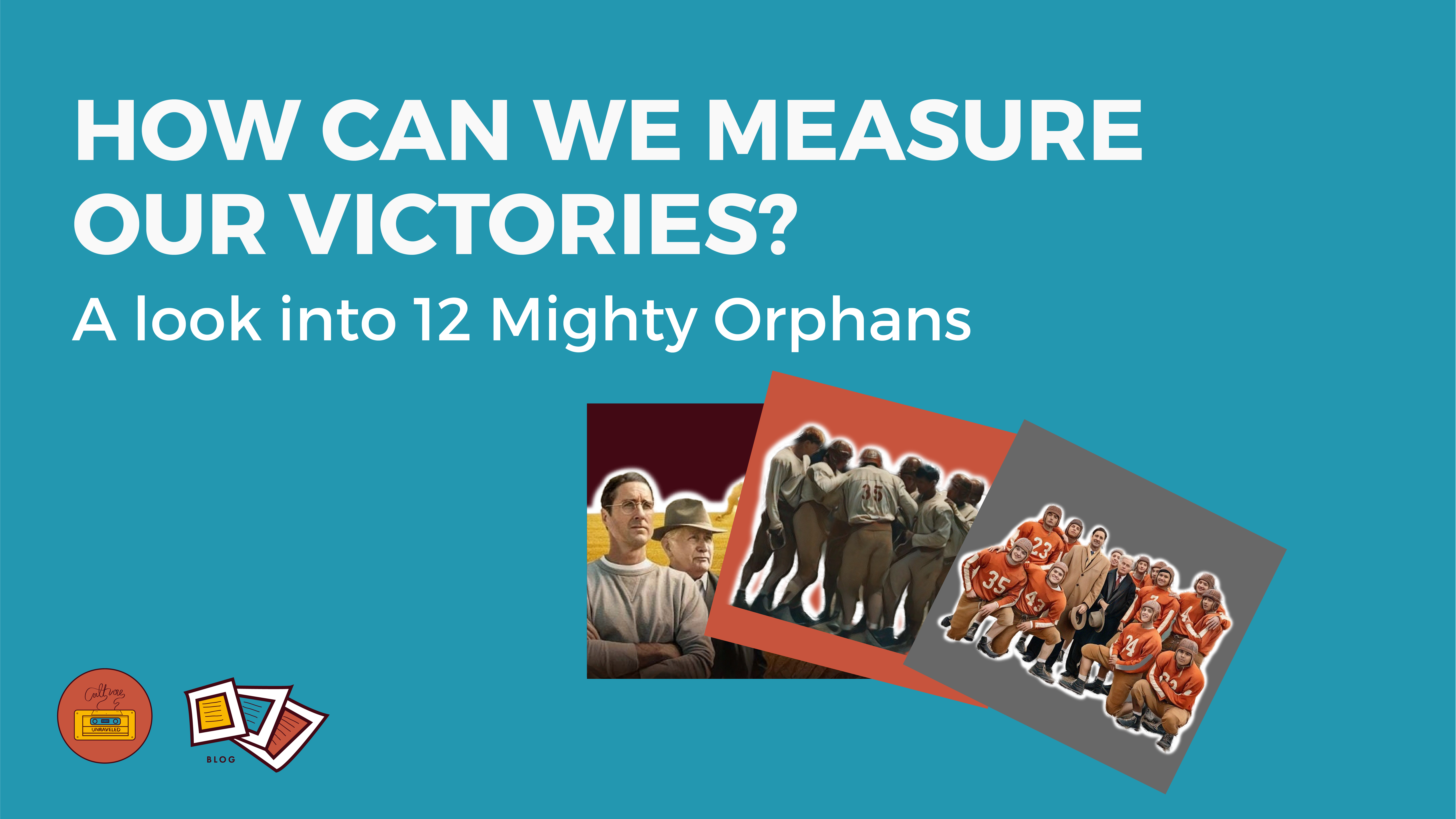
A victory in sports is measured simply. The winner is the individual or team who scores more points, or goals or runs; depending on which game you are playing. This extends to life as well. We can define a victory based on whether we passed an exam or closed the sales deal. Our society idolises such winners and disregards those who didn’t make it passed the line.
The movie 12 Mighty Orphans redefines the criteria used by our culture to measure victory. It is based on the true story of an American football team that was made up of the orphans of Mason High during the Great Depression of the 1930s. (Spoilers Ahead) Unlike most inspirational sports movies, the Mighty Orphans do not win the final game on the scorecard. But they still came back home as winners. How did they measure their victory?
Progress
The team started with a group of young men who let alone never played the game, were holding a football in their hands for the first time. They didn’t have the equipment or the resources to play the game. Despite all odds, they worked hard, played in the highest league and even reached the finals of the state championship. When you see where they started from and where they reached, there was tremendous progress. Progress, no matter how much, is still a win.
Innovation
Despite being physically smaller than most other players in the league, the mighty orphans with the help of their innovative coach were able to develop creative strategies to outrun their opponents. It is said that the offensive techniques developed by them are still used by teams in the modern-day game as well. Doing something better and in a way that has never been done before is a win.
Relationships
The students of Mason high joined the school because their parents had died or were not able to provide for their upbringing. They were lonely and rejected. But as they lived and played together, they formed a new community. They formed relationships that helped them flourish during that phase of their life and beyond. Finding friends and a community that makes you feel loved and accepted is a win.
Empowerment
The orphans of Mason High had lost all agency when they arrived at the home. They were alienated from society and stripped off all dignity. One professor at the school took advantage of their position and used it to drive them into undignified labour for his own gain. However, the coach, Rusty Russell, gave his time, energy, and resource to empower those orphans with self-respect, dignity, and other qualities that would allow them to deal with the challenges of life. He took a group of amateurs and helped them reach the finals of a state championship. He didn’t win the finals but empowered a group of people to do something they had never done before. When we empower others in a way that they can stand up for themselves, it counts as a win.
Respect
The movie initially depicts how the community, the sporting body, the opposing team constantly looked down upon the orphans. In fact, even the orphans didn’t see themselves achieving much. But as the movie progressed, and as they began to play better, they started respecting one another. Moreover, their improved skills, hard work and determination gained even the opponent’s respect. When you learn to respect yourself or gain the respect of your competition, it counts as a big win.
Impact
The Mighty Orphans didn’t win the state championship, but their playing style impacted American football forever. They instilled joy and hope into a world that was pulled down by the Great Depression. In the final scene, when the team, despite the loss return home, they are welcomed back as winners. The assistant coach even asks the coach “Do they know we didn’t win?” This scene displayed the impact they had. Lasting impact is a win.
How can we measure our victories differently?




